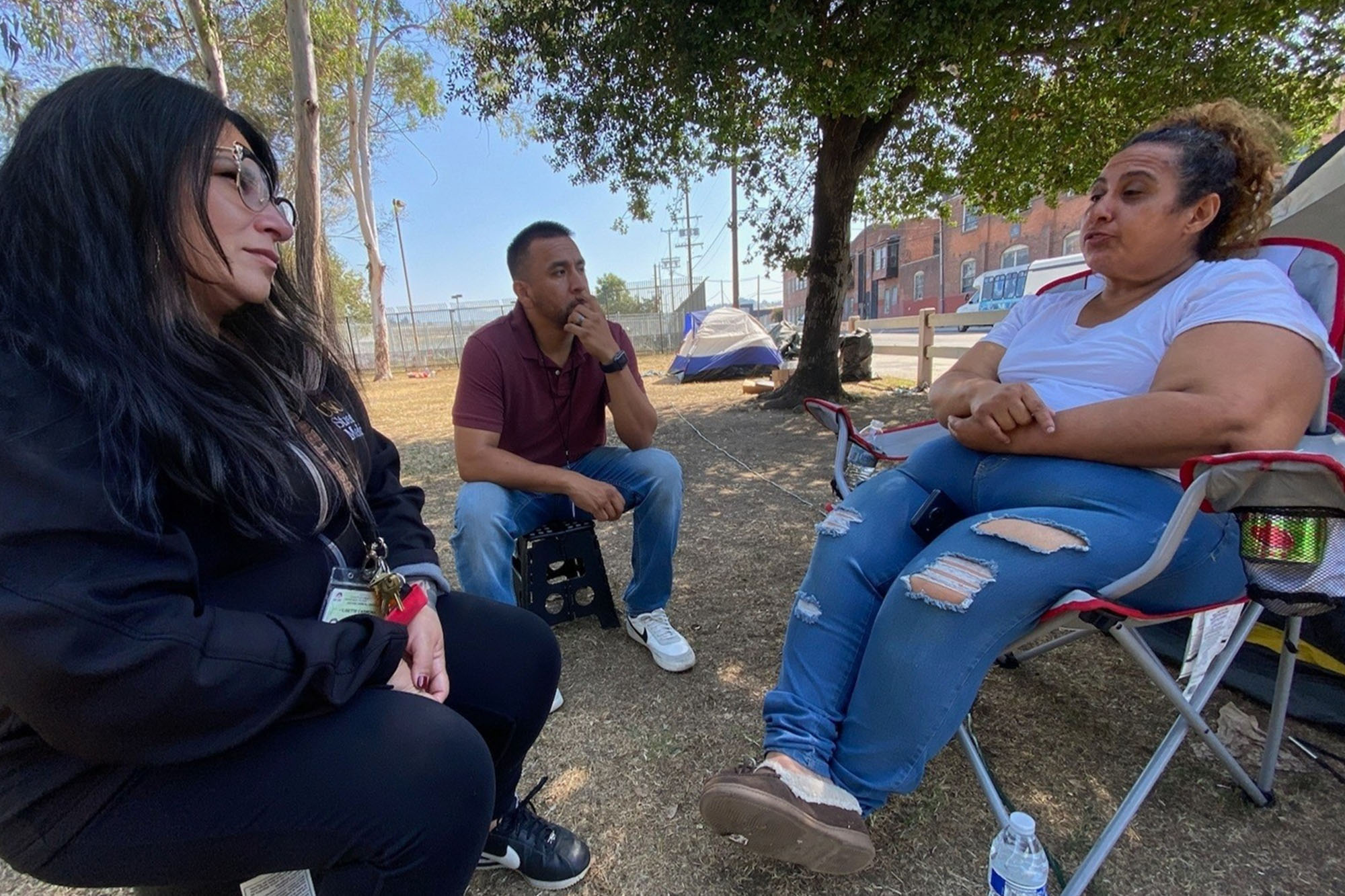Key Takeaways
Learn about specialized recuperative care programs designed for these groups:
- Older adults
- Women
- Families
- People with behavioral health conditions
For decades recuperative care programs have provided compassionate care and a safe environment for people experiencing homelessness who are recovering from illness, injury, or surgery. These vital programs offer 24/7 access to a bed, meals, and empathetic staff who coordinate medical appointments and monitor health as well as connections to social services. The message has been simple: Everyone deserves a safe place to heal.
When CalAIM (California Advancing and Innovating Medi-Cal) launched in 2022, it propelled recuperative care into the spotlight and generated millions in funding. It also transformed the field. Six-bed shelter programs evolved into 60+ bed facilities. Care coordinators became full clinical teams.
As recuperative care continues to fill a crucial gap in the health care system for people who are unhoused, another gap has appeared: a lack of programs to accommodate the unique needs of specific groups. In response, providers are moving from a one-size-fits-all approach to developing specialized programs to deliver person-centered care.
This article from the National Health Care for the Homeless Council, “The Rising Trend of Specialized Recuperative Care,” profiles four recuperative care providers in California who developed specialized programs to care for older adults, women, families, and people with behavioral health conditions.
Authors & Contributors
Julia Gaines
National Health Care for the Homeless




